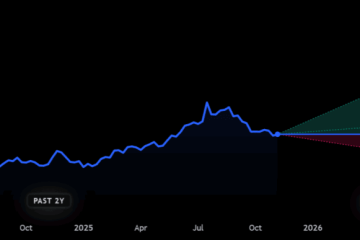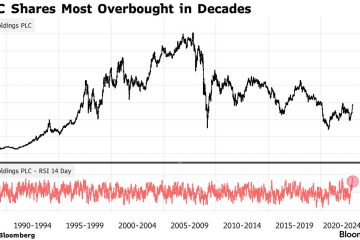The Importance of Capital in Economic Development

Introduction
Capital plays a crucial role in the economy, serving as the backbone for growth, innovation, and financial stability. Understanding capital is essential for anyone looking to grasp basic economic principles or the mechanics of financial markets. Capital isn’t just about money; it encompasses resources that can increase productivity and foster development, making it a relevant topic in today’s economic climate.
What is Capital?
Capital refers to financial assets or resources that companies and individuals use to fund their operations and create wealth. This includes both physical capital, such as machinery and buildings, and financial capital, such as cash and investments. The concept of capital extends beyond mere monetary assets—it includes human capital, which refers to the skills and expertise of the workforce, and social capital, the networks and relationships that facilitate economic activity.
Recent Trends in Capital Investment
As of September 2023, recent economic data indicates a notable uptick in capital investment across various sectors. According to a report from the Office for National Statistics (ONS), business investment in the UK grew by 4% in the last quarter, indicating renewed confidence in the economy post-pandemic. Sectors such as technology and renewable energy are leading this growth, suggesting a shift towards sustainability and digital innovation.
The Role of Capital in Economic Growth
Capital is fundamental to economic growth. It enables businesses to expand operations, create jobs, and invest in new technologies. For instance, a study by the Bank of England has shown that regions with higher levels of capital investment tend to have lower unemployment rates and higher GDP per capita. This is due to capital’s ability to enhance productivity, resulting in increased output and improved standards of living.
Challenges in Capital Deployment
However, capital is not without its challenges. Recent global economic uncertainties, including inflationary pressures and geopolitical tensions, can hinder investment decisions. Companies may be hesitant to invest capital if they fear market instability, leading to potential economic slowdowns. Furthermore, disparities in access to capital can exacerbate inequality, with smaller businesses and startups often finding it difficult to secure the funding they need.
Conclusion
In conclusion, capital is a critical component of economic development, influencing everything from business expansions to job creation. As economies navigate through the complexities of post-pandemic recovery, understanding the dynamics of capital investment will be vital for policymakers and business leaders alike. With ongoing innovations and shifts in global practices, the effective management and deployment of capital could hold the key to sustainable growth and resilience in the face of future challenges.








